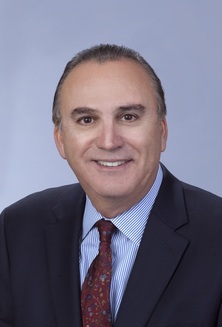
As a physician-scientist who was involved in the development of the Haemophilus influenzae type b conjugate vaccine and early stage pneumococcal conjugate vaccines (PCV4) at the University of Rochester in New York, Dr. Michael Pichichero, experienced firsthand the difficulty of obtaining extramural funding to support vaccine research. Now the Director of the Rochester General Hospital Research Institute, he has served as a peer reviewer of grant applications for the National Institutes of Health (NIH), and has seen the growing competition for NIH support. “This is true even among the strongest research proposals from pediatric infectious diseases specialists at every stage of their careers.
“I do believe that there are really fantastic ideas by brilliant people that are just not getting the funding that they need to pursue those ideas,” said Dr. Pichichero, a member of PIDS since its founding. “As a consequence, the field is not moving as rapidly forward as it could to help children.”
To help address this concerning trend, the Pichichero Family Foundation Vaccines for Children Initiative partnered with the PIDS Foundation to create a research award program to encourage and support physician-scientists, with a specific focus on developing new vaccines and immunotherapeutics for children.
Established in 2016 with the Pichichero Family Foundation’s generous support, the program awards two-year grants to applicants at any stage of their career, and all members of PIDS are encouraged to apply. The research award provides $50,000 in total costs per year for two years, assuming satisfactory research progress similar to NIH R03 awards, and includes an 8 percent allocation for indirect overhead costs for the award recipient’s institution.
“The research awards are a way of giving back to provide much needed support to an area of pediatric ID research activity—new vaccine development—that has been personally rewarding”, Dr. Pichichero said. It is also an area that is a key, foundational element of pediatrics in general. “The idea of preventing disease seems to me, and to our family, to be the best, most cost effective, and most beneficial strategy for children,” he said.